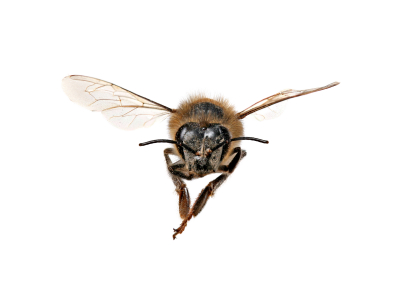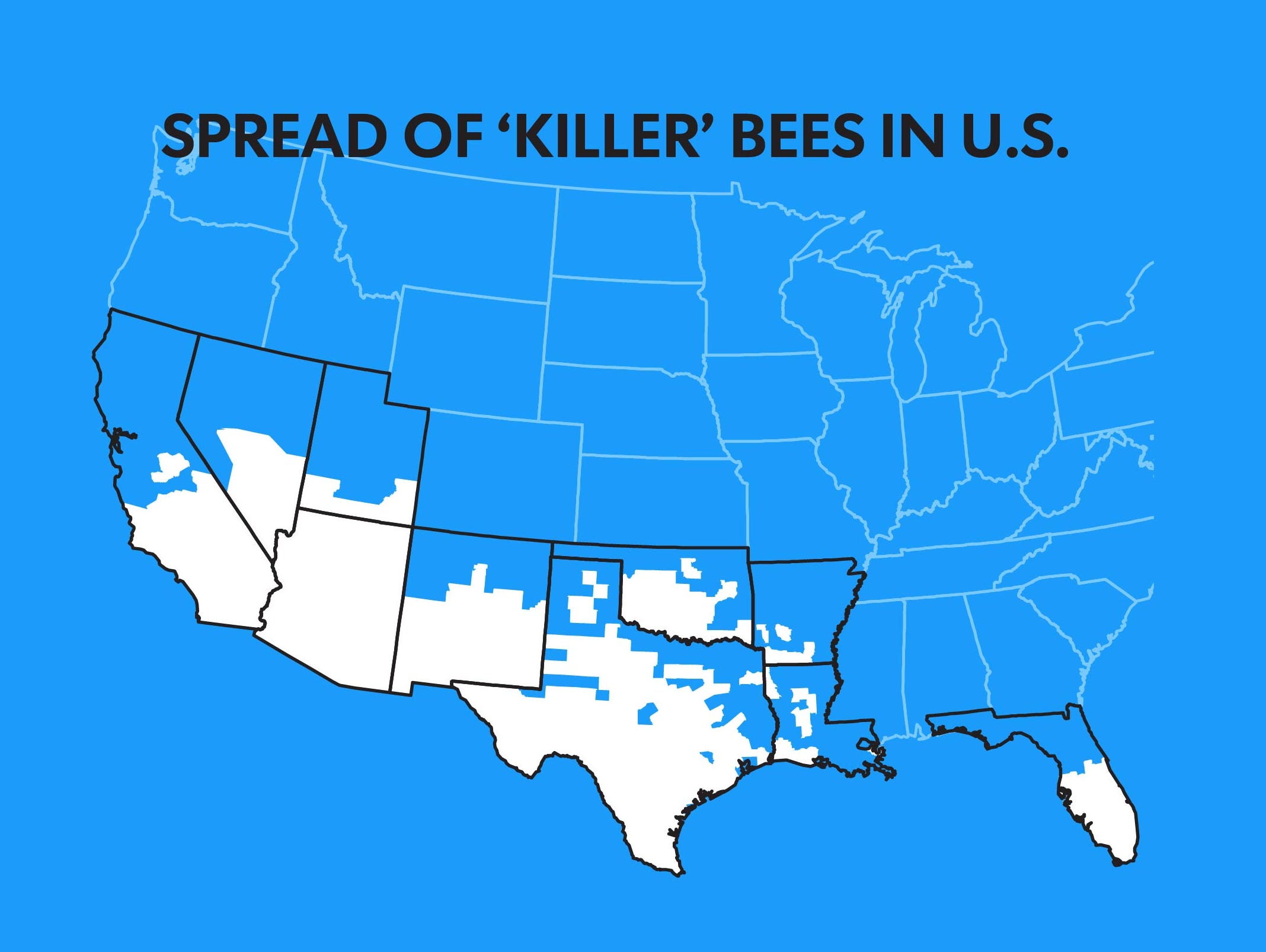

European honey bees tend to have less genetic diversity than Africanized bees, which carry both European and African honey bee genes. The new findings offer a bit of hope for the beleaguered beekeeping industry, the researchers said. "Now we know that these gentle Africanized bees can be genetically distinguished both from other Africanized honey bees and from European honey bees." Woese Institute for Genomic Biology at Illinois. "Evolution involves changes in the frequency of gene variants across a population, and that's what we're seeing in Puerto Rico," said Robinson, who directs the Carl R. Humans likely eradicated the most aggressive bees, aiding their more docile counterparts. The scientists hypothesize that the bees evolved to be more docile as a result of living on a very densely populated island from which they could not easily escape.

These regions appeared to be under "positive selection." This means that something in the bees' environment was favoring these genetic signatures over others. Specific regions of the DNA, however, had shifted in the gentle bees, reflecting more of their European heritage. The team discovered that, for the most part, the genomes of the gentle bees resembled those of their Africanized forebears. "We asked, 'How is the genome of the gentle Africanized bee different than other Africanized populations? What parts of the genome are similar to European bees?'" entomology professor Gene Robinson crop sciences professor Matthew Hudson and Guojie Zhang and Hailin Pan, of the Chinese Academy of Sciences. "The benefit of having these three populations is that you can compare and contrast between the three," said University of Illinois postdoctoral researcher Arian Avalos, who conducted the research with U. To gain insight into how the bees became gentle, the researchers sequenced the genomes of 30 gentle Puerto Rican bees, 30 Africanized bees from Mexico and 30 European honey bees from central Illinois. Biology professor Tugrul Giray, of the University of Puerto Rico, first reported on the gentle Puerto Rican bees in the journal Evolutionary Applications in 2012. Africanized honey bees arrived in Puerto Rico (most likely on a ship, by accident) in the 1990s, and within three decades had evolved into the gentle, yet hardy, Africanized bees that dominate the island today. Ironically, what scientists failed to do in the laboratory was eventually accomplished by happenstance. That program had set out to produce a desirable mix of traits from the gentle European bees and their African counterparts, which were more aggressive, disease-resistant and adapted to a tropical climate. In the late 1950s, these aggressive " killer bees" escaped from an experimental breeding program in Brazil. The findings, reported in the journal Nature Communications, could lead to advances that will bolster honey bee populations in the Americas, the researchers said.Īfricanized bees are the offspring of African honey bees and their European counterparts.


 0 kommentar(er)
0 kommentar(er)
